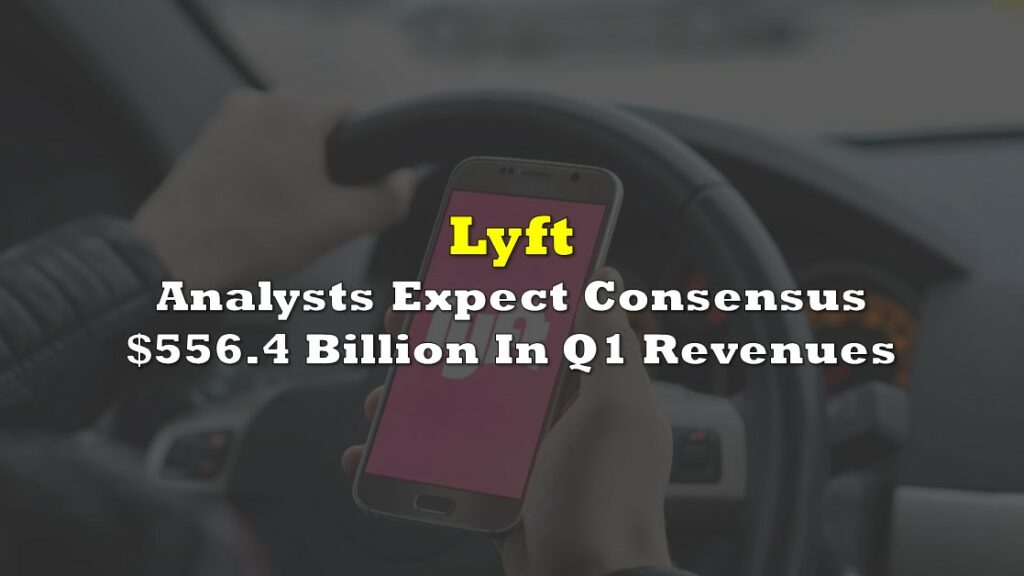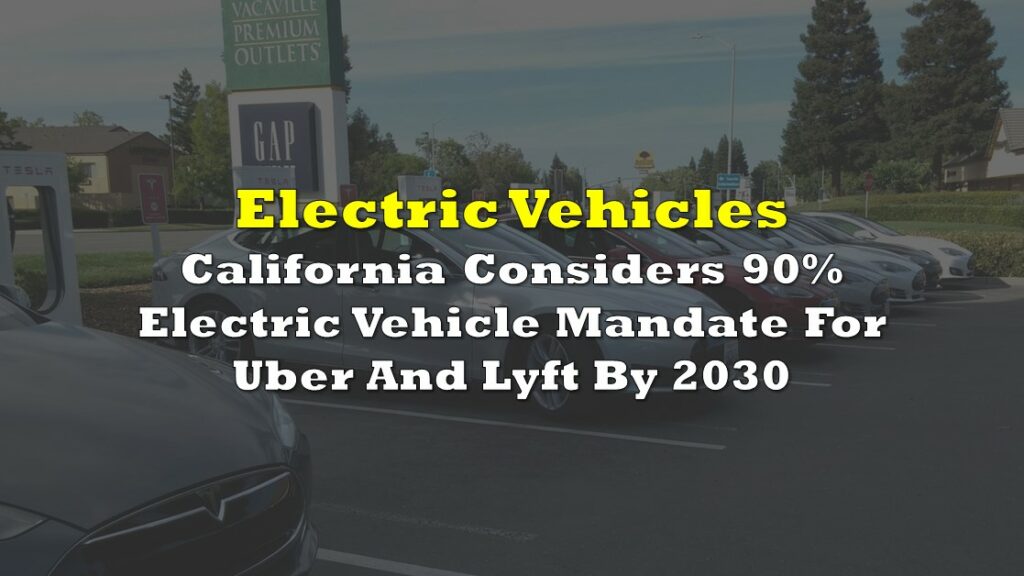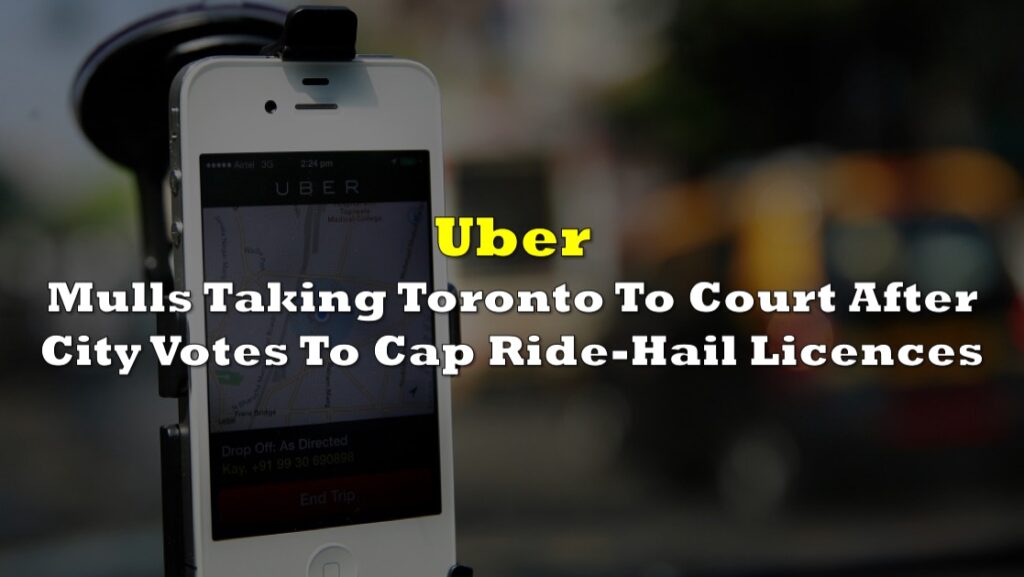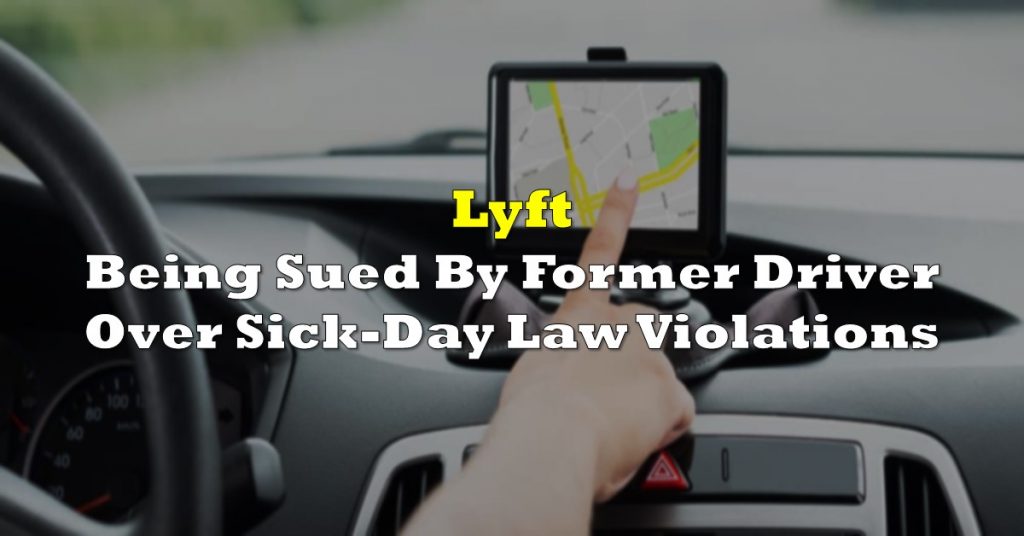Following the successful passing of Proposition 22 in California, which will see the continuation of gig companies such as Lyft and Uber classifying their workers as contractors, it appears that celebrations should not be had just yet.
According to Bloomberg Law, the New Jersey Department of Labour and Workforce Development is seeking $16 million in disability and unemployment taxes including backpay and interest from Lyft, as well as a whooping $650 million from Uber, following the company’s audit last year. New Jersey argued that worker classification standards make it hard to go forward with a business model that focuses on contractors only. As such, the state’s determination against the ride-hailing companies could very wel transition into forcing them to pay minimum wages and overtime to their drivers under state law.
If in fact such a motion is enforced in New Jersey, then Lyft and Uber could very well see their operating costs increase by 40% and 20%, respectively. According to University of Michigan assistant law professor Rachael Kohl, businesses that hire independent contractors as a means of avoiding employment laws do so because it significantly benefits them financially. However, in New Jersey it was determined that they misclassified everyone, which means that if the companies are employers, they should not have been exempt from paying the tax.
Back on August 14, the New Jersey Labour Department reached out via letter to Lyft, detailing the amount owed by the company. In response, Lyft refused to pay the amount, and instead requested a hearing for September. Lyft noted that its drivers wish to remain classified as independent contractors on a 4-to-1 margin, and forcing them to be employees will lead to overwhelming economic consequences and thousands of job losses. Uber in the meantime, is currently fighting its audit results.
The issue of worker classification came to light amid the coronavirus pandemic, which saw work opportunities for many ride-hailing drivers diminish. Some were able to file for unemployment and disability, but given that they were classified as contractors and not employees, they were not entitled to the full package of unemployment benefits that accompany normal jobs.
During the US election on Tuesday, California voted in favour of Proposition 22, which exempts gig companies from state law that would otherwise require them to classify their workers as employees. Although the latest ballot measure lead to a considerable praise from investors for both Uber and Lyft, the companies may have a difficult time replicating their successful results in New Jersey.
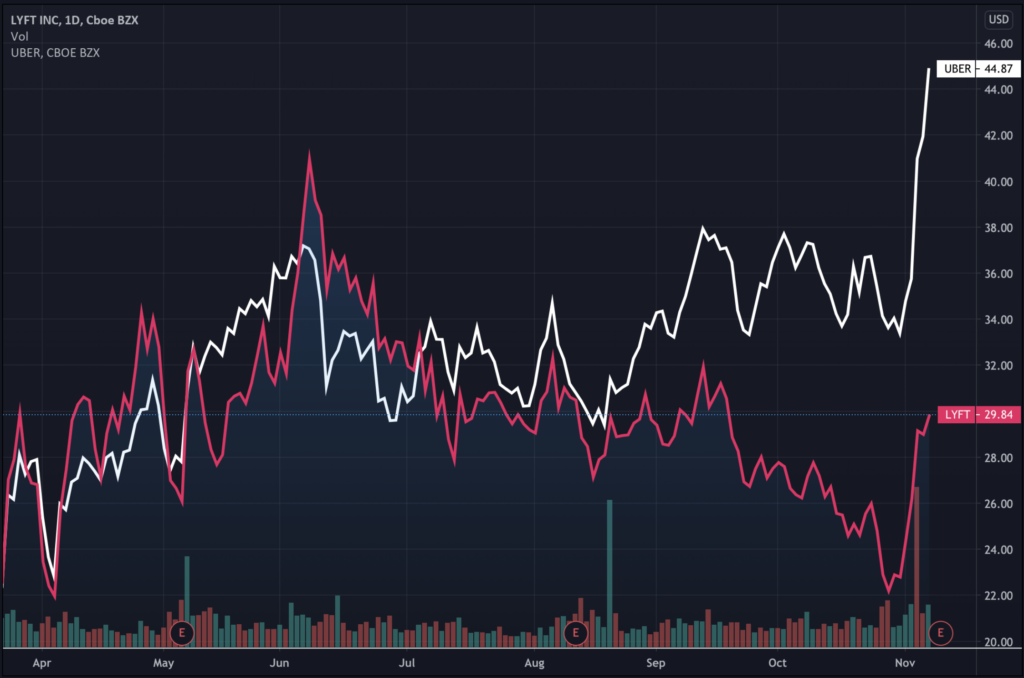
Information for this briefing was found via Bloomberg Law. The author has no securities or affiliations related to this organization. Not a recommendation to buy or sell. Always do additional research and consult a professional before purchasing a security. The author holds no licenses.






